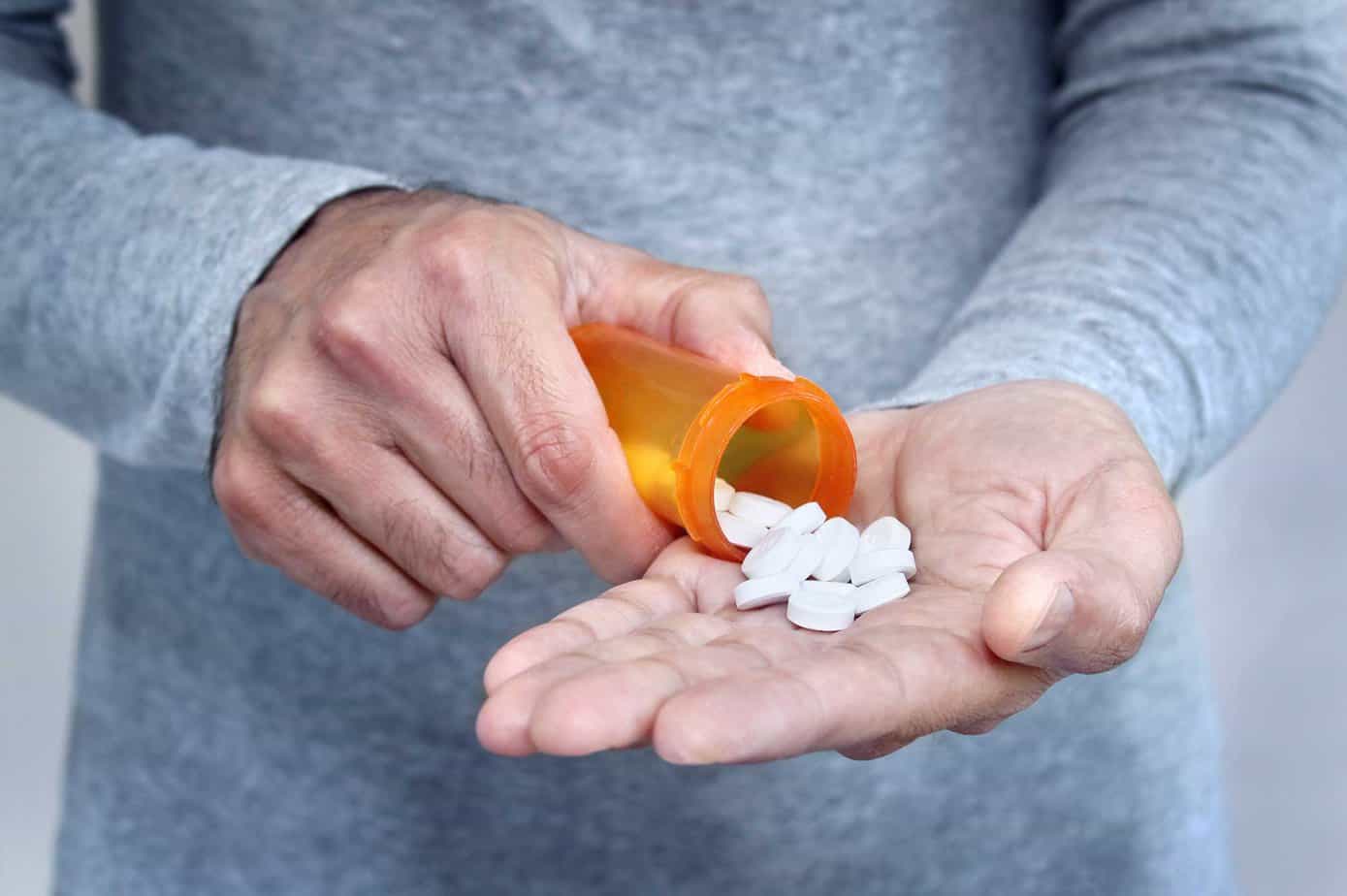The biggest indicator of lasting change is consistency. Consistency is when habits are formed, whether positive or negative, by becoming focused on repetitive action. Ongoing addiction treatment helps create positive consistency that will deepen your recovery. While deciding to give up substances is an important and necessary change, it will only last if integrated into your daily life. Going through a detox and residential program are great first steps, but it is often not enough. When it comes to recovery, aftercare treatment planning is important for every level of care.
Detox is Only the First Step to Recovery
When you complete detox, you feel better physically, which can give you a false sense of confidence—that because you feel good, you now have everything you need to remain sober. Having felt the pains of withdrawal, you believe that the memory of those negative feelings will act as a deterrent to using again. At that moment, both of these factors can be powerful motivators. However, they often do not last.
Once acute withdrawal symptoms subside, post-acute withdrawal symptoms can occur. This group of psychological symptoms often ranges from mood swings to drug cravings to brain fog and can last for days, weeks, months, or years depending on the substance. While not life-threatening, without ongoing treatment, they can trigger you to use again because you may believe that sobriety does not work, or it feels worse to be sober than it did when using. Treatment after detox gets you on the right track and helps you work through the most vulnerable part of the recovery journey.
The Challenges After Completing Residential Treatment
After completing residential (also known as inpatient) treatment, you might feel that since you put all this time into your recovery, it is enough to remain sober for the long run. This is often not the case. In rehab, you learn skills in a safe setting with supportive staff and peers without access to substances. While being able to maintain sobriety throughout your residential stay is a great feat, it can also lead you to believe that you can easily do the same at home.
Having this mindset can provide a false sense of security that does not prepare you for the difficulty you may encounter when you return to your everyday life, which can be full of triggers. Some of the things you should be prepared to face are:
- Family and Romantic Relationships – When you return home after rehab, you’ll need to be prepared to face your family and loved ones. If the relationships were strained because of your addiction, this might be the time to work on mending ties and returning to normalcy. However, if the person is not supportive of your recovery and puts your sobriety at risk, then it might be a good idea to keep your distance.
- Work and School – Most people in early recovery go back to school or work. Creating a new routine in recovery is important because it gives you something to base your days around and minimizes the risk of relapse. If you used substances or drank alcohol with old coworkers and classmates, it might be best to get a fresh start in a new environment. Aftercare treatment can guide you through tough situations and teach you how to deal with stress at school or work.
- Social Situations – Just because your friends might not be sober doesn’t mean you have to completely avoid them after treatment. You know yourself and your friends best – if they fully support you in recovery then they are likely positive people you want in your life. But, for example, if you make it clear that you don’t want them drinking or getting high around you and they disrespect that boundary, then it’s probably best to cut ties for a while. You can also make new friends by attending support groups or 12-step meetings, volunteering in the community, and joining a club.
It’s clear that these scenarios are tricky to navigate and are different for everyone. During the transition period after an inpatient program, you might start focusing on your old habits to manage the challenges you face in early recovery. If you find yourself struggling with your mental health, it can make you reluctant to ask for help because you may think, “I just got home from treatment, I should know how to handle this.”
You might also think that a 30-day rehabilitation program is more than enough time for you to grasp all the skills you need for recovery. It’s true, you may pick up various skills, but applying them in your life is a different story. According to NIDA, 40 to 60 percent of individuals who have used drugs and gone to rehab will relapse at some point in their life. A recurrence is not a sign of failure, nor does it mean your treatment was a waste of time. What it really means is that you might need extra support or guidance, and this is where aftercare treatment comes into play.
Continuing Care Services Provide Stability
Some addiction treatment centers offer continuing care services to help prepare you for the next steps once you return home. You may be assigned a case manager during detox, at the start of your residential stay, or toward the tail end of your program. These individuals work closely with you and your clinical team to assess your progress and recommend different aftercare treatment options based on your needs. They will come up with a detailed plan for when you leave that may include attending 12-step meetings twice a week or doing regular counseling sessions with a therapist. Continuing care is almost like training wheels on a bike that gives you that ongoing balance and stability instead of just sending you back into real life without a solid recovery plan.
What Are Different Aftercare Options?
Aftercare is crucial post-residential because it provides you with the support needed to implement recovery tools into your daily life. It also keeps you accountable and motivated to focus on recovery rather than just the act of being sober.
When you continue with outpatient services, extended care, and/or recovery coaching, you put yourself in environments with people who can relate to you and validate you while also working towards achieving the same goals. The consistency of continued focus on establishing a routine is what helps create lasting sobriety, little by little.
There are different types of aftercare options. What is most important is finding the one(s) that best fits your recovery needs and goals.
Outpatient Services: Individual and group therapy, as well as psychiatric services, on a flexible schedule to allow you to meet your work, school, and personal obligations while still prioritizing your sobriety.
Extended Care: A structured sober living program where you can gain greater independence and put practical life skills to use while remaining in a safe environment.
Recovery Coaching: Mentorship and peer-to-peer support to help you work through real-world problems in real time and adjust to your new life in sobriety.
Consistency with sobriety happens when you make recovery a part of your day-to-day life, and the best way to do that is by having a strong aftercare program. This allows you to practice your skills, feel supported by staff and peers, have an outlet to engage in recovery discussions, and remember all the positive changes you have already made.
If you or a loved one is struggling with addiction, Mountainside can help.
Click here or call (888) 833-4676 to speak with one of our addiction treatment experts.

 By
By 






